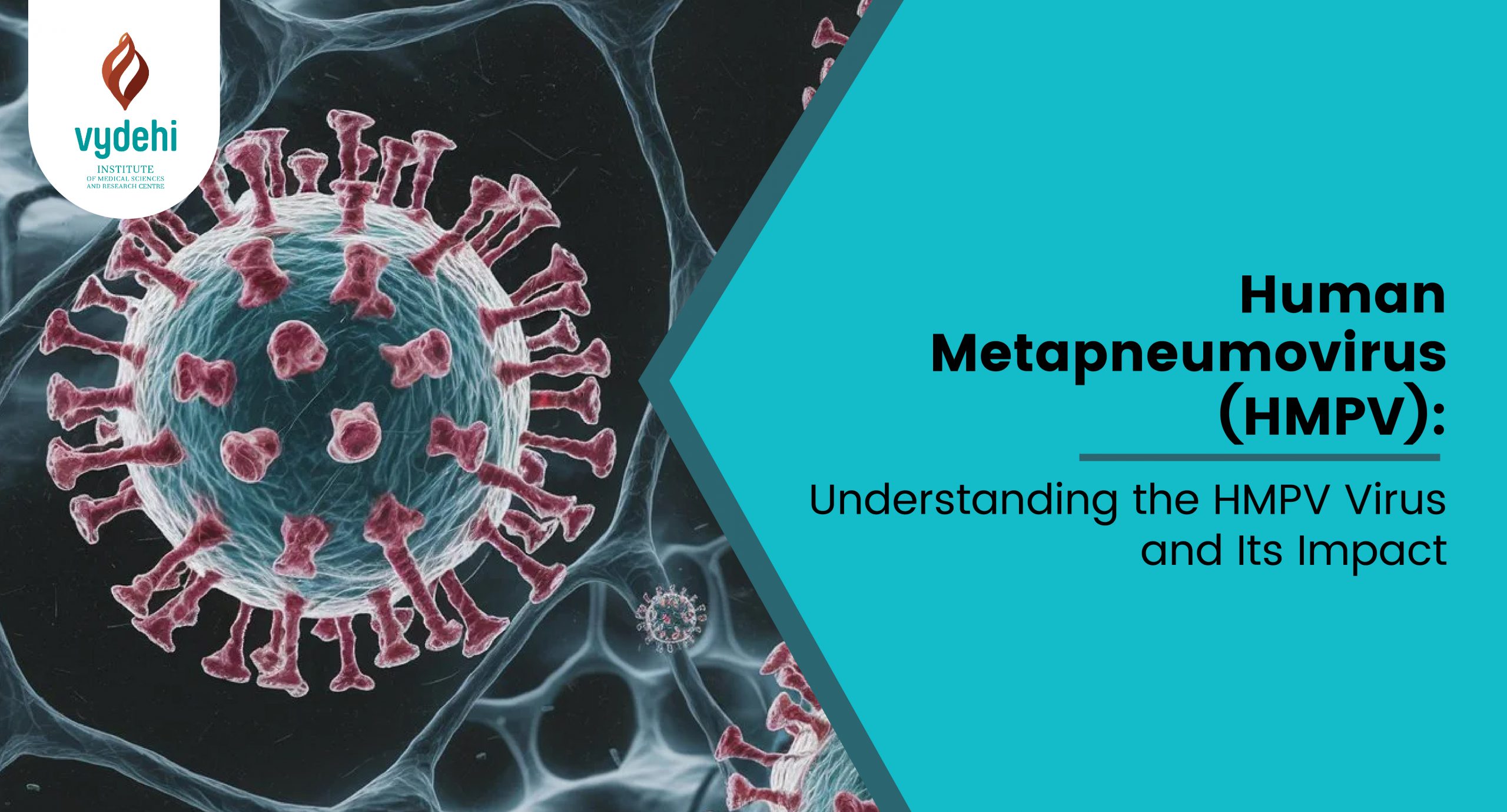

The HMPV virus is a respiratory infection that has been increasingly reported across the globe, including India. Known for causing symptoms similar to the common cold, the HMPV virus primarily affects the respiratory tract, posing a higher risk to young children, older adults, and individuals with weakened immune systems.
HMPV is a respiratory virus first identified in the Netherlands in 2001. Though relatively new in discovery, HMPV has been circulating for over two decades and is recognized as a seasonal virus, often peaking during the winter months. It primarily affects the respiratory tract and is a significant cause of respiratory infections in children under 5 years, the elderly, and immunocompromised individuals.
Although cases of HMPV in India are not as widely documented as those of influenza or COVID-19, it remains a notable contributor to respiratory illnesses, especially during the colder months. Hospitals in India are observing a rise in HMPV virus cases, particularly among vulnerable groups like young children and older adults.
Most HMPV infections are mild and resemble those of seasonal flu.
In some cases, the infection can progress to severe respiratory complications, such as:
HMPV symptoms in babies are often more severe due to their underdeveloped immune systems, while HMPV virus symptoms in adults are generally milder, except in immunocompromised individuals or those with chronic illnesses.
HMPV spreads primarily through:
The incubation period of HMPV ranges from 3 to 6 days. During this time, even asymptomatic individuals can transmit the virus. Once symptoms appear, individuals remain contagious for up to 10 days.
For most healthy individuals, HMPV is not a serious disease. However, complications can arise in:
Although both HMPV and COVID-19 affect the respiratory system, they differ significantly:
Currently, there are no specific antiviral medications for HMPV. Treatment focuses on managing symptoms:
What antibiotics treat HMPV?
HMPV is a viral infection, so antibiotics are ineffective unless there is a secondary bacterial infection. Always consult a physician before starting any medication.
How long does it take to recover from human metapneumovirus?
For mild cases, recovery usually occurs within 7–10 days. Severe cases may require a longer recovery period, especially if hospitalization is needed.
The preventive measures for HMPV are similar to those for COVID-19:
Babies and toddlers are particularly susceptible to HMPV. Symptoms may include severe congestion, difficulty breathing, and feeding issues. Parents should monitor their child closely and consult a pediatrician if symptoms escalate.
Unlike COVID-19, HMPV infections rarely result in long-term effects. However, in individuals with pre-existing respiratory conditions, there is a slight risk of chronic complications such as asthma exacerbation.
India has seen a gradual increase in HMPV virus cases in recent years, particularly during winter. While awareness about the virus remains limited, healthcare providers emphasize early diagnosis and prevention to curb its spread.
HMPV is a respiratory virus that primarily causes mild infections but can pose serious risks to vulnerable groups. Through proper hygiene practices and timely medical intervention, the spread and impact of HMPV can be minimized.
For healthcare professionals and individuals interested in respiratory care, workshops on advanced respiratory diagnostics and treatments, such as functional echocardiography and point-of-care ultrasound, are invaluable. Such programs provide critical insights into managing infections like HMPV effectively.
Stay informed, stay safe, and take proactive measures to protect yourself and your loved ones from HMPV.

 Emergency Number
Emergency Number
Informative Article!!
HMPV treatment focuses on supportive care—hydration, rest, and symptom management. Severe cases may require medical attention, especially for infants and elderly individuals. Early care ensures faster recovery!